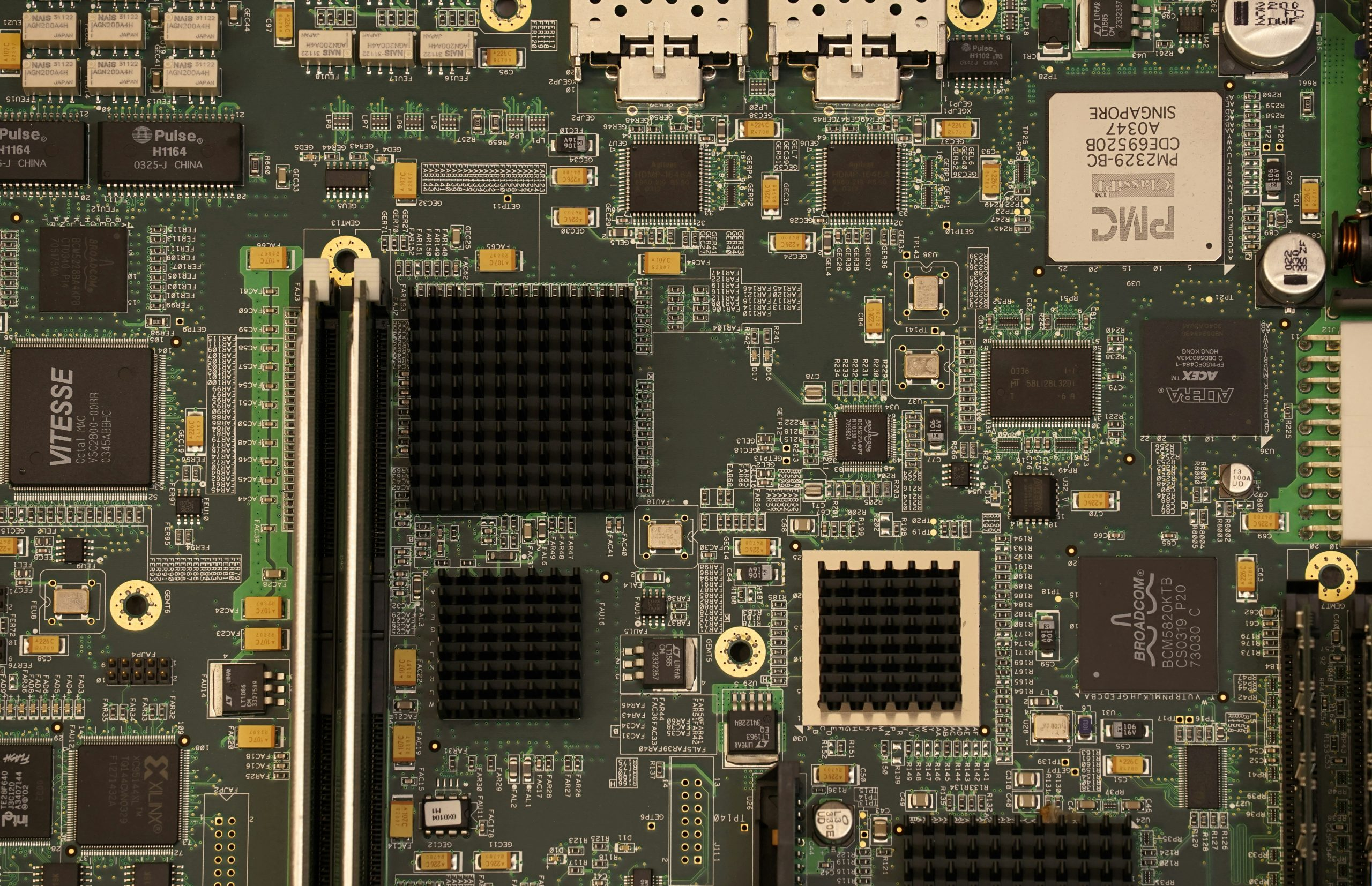Workplace Surveillance: How Monitoring Tech Is Fueling Anxiety
The phenomenon of workplace surveillance has been on the rise in recent years. With the advancement of technology, employers now have access to more tools to monitor their employees than ever before. From keystroke logging to video surveillance, companies are using various forms of monitoring tech to track and analyze their employees’ every move. While some argue that this has led to increased productivity and efficiency, others believe that it is fueling anxiety and distrust in the workplace. In this article, we will delve into the world of workplace surveillance and its impact on employees’ mental health.
The Rise of Workplace Surveillance
Gone are the days when managers would simply walk around the office to check on their employees. Today, companies have a plethora of technology at their disposal to monitor their employees’ performance. This includes software that tracks internet usage, emails, phone calls, and even location through GPS tracking. Some companies have gone a step further and implemented biometric systems to monitor employees’ attendance and work hours.
While the use of such technologies may seem like a significant invasion of privacy, many organizations argue that it is necessary to increase productivity and prevent time theft. Moreover, with remote work becoming the norm, employers want to ensure that their employees are actually working and not slacking off at home.
The Impact on Employees’ Mental Health
Despite the supposed benefits of workplace surveillance, it has taken a toll on employees’ mental health. The constant feeling of being watched can lead to increased stress and anxiety among employees. Many employees report feeling like they are constantly under scrutiny and fear that the slightest mistake or short break will be captured by the surveillance systems.
The feeling of being constantly monitored also leads to a lack of trust and transparency between employers and employees. This can create a toxic work environment where employees feel like they are not trusted or valued. As a result, employees may become more guarded in their interactions and feel less motivated to perform their best.
The Big Brother Effect
One of the main concerns with workplace surveillance is the potential for it to turn into a “Big Brother” scenario, where employees feel like they are constantly being watched and their every move is being scrutinized. This not only has a negative impact on employees’ mental health but can also lead to a decrease in creativity and innovation. When employees are constantly worried about being monitored, they are less likely to take risks or think outside the box, which can hinder a company’s growth and success.
The Legal Implications
Another issue with workplace surveillance is the legal implications it poses. Employers must ensure that their surveillance practices comply with all laws and regulations, including those related to privacy and employee rights. If companies fail to do so, they may face legal consequences, including lawsuits from employees for violating their privacy rights.
The Need for Balancing Efficiency and Privacy
The use of monitoring tech in the workplace is not likely to cease any time soon. However, there needs to be a balance between ensuring efficiency and respecting employees’ privacy. Companies must carefully consider the necessity and proportionality of the surveillance methods they use. Moreover, they must be transparent with their employees about the type of surveillance being used, why it is being used and how it aligns with the company’s goals.
Furthermore, companies must also take measures to protect employees’ personal information and ensure that it is not being misused. This includes implementing strict data security measures and giving employees control over their personal data.
In Conclusion
Workplace surveillance has its pros and cons. While it can help increase productivity and prevent time theft, it also has a negative impact on employees’ mental health and can create a toxic work environment. Employers must take steps to balance efficiency with privacy and ensure that their employees feel trusted and respected. At the end of the day, a happy and mentally healthy workforce is crucial for a company’s success.











